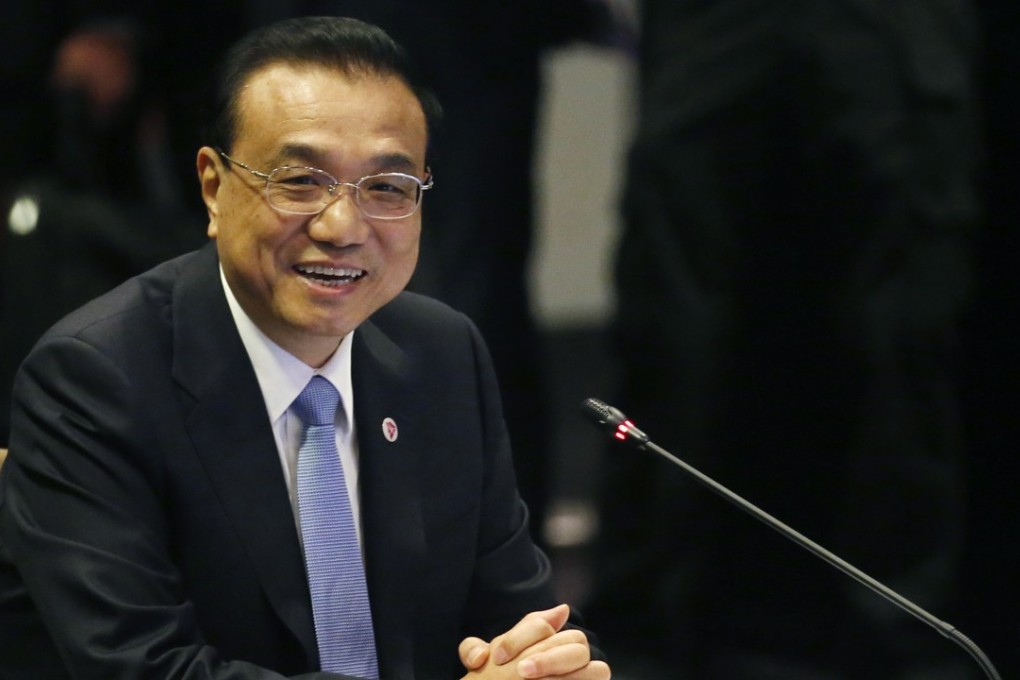Opinion | Delay over regional trade deal should not be seen as a setback
- As US trade war rumbles on, leaders of 16 countries, including China, have pledged to complete talks on the Regional Comprehensive Economic Partnership next year

China and its Asian partners were working on creating the world’s biggest free-trade area long before United States President Donald Trump threatened the global economy with his protectionism. They have moved a significant step closer with the leaders of 16 countries pledging to complete negotiations on the Regional Comprehensive Economic Partnership next year. All recognise the importance of a multilateral, rules-based system, and the necessity of integration and cooperation. Their efforts, when realised, will go a long way towards ensuring shared prosperity and global growth.
The RCEP brings together the economies of China, Japan, South Korea, India, Australia and New Zealand with the 10 members of the Association of Southeast Asian Nations, which has been holding its annual summit and meetings with neighbouring countries in Singapore. It is ambitious in scope, accounting for more than a third of global gross domestic product. A deal on such a scale takes time and resolve to negotiate, but Trump’s unilateral ways and trade war with China have hastened the desire for a deal. The statement on Wednesday to forge ahead to seal a final agreement was also a reflection of the region’s support for free trade and globalisation.
Premier Li Keqiang joined other leaders in calling for the shunning of protectionist pressure by shoring up and strengthening multilateralism. Bringing down barriers is a much-voiced goal of nations in Asia and the Pacific, but there will always be concerns among emerging economies about fair market access. India’s worries have been a particular sticking point in RCEP negotiations, the biggest concerns being having its market flooded by Chinese goods and ensuring its skilled workers, many in the technology sector, can get jobs in other member countries.
The challenges have meant that the accord will not come into force this year as planned. It will be preceded by another regional free-trade pact, the Comprehensive and Progressive Agreement for Trans-Pacific Partnership, which takes effect at the end of next month. The latter rose from the ruins of the Trans-Pacific Partnership, which collapsed when Trump refused to participate, even though the US had been the driving force behind its creation. The blocking of China from the deal prompted Beijing to put its energies into the rival RCEP, making for a more meaningful and stronger free-trade pact.
But the delay in putting the RCEP in place should not be viewed as a setback given the complications of trade deals involving so many countries. A large swathe of the world is moving in single step on free trade and multilateralism and that is to be applauded. The benefits of working together are understood and appreciated and that is what is needed to counter Trump’s damaging policies.
